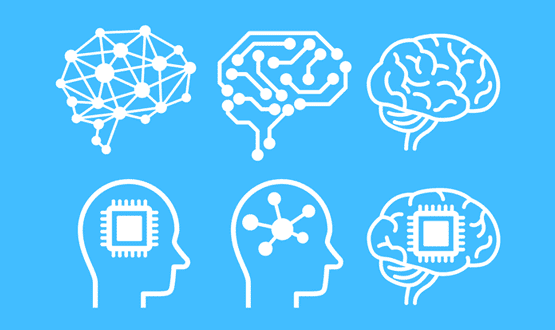Fine line between AI becoming a buzzword and working in healthcare explored
- 20 March 2019

A recent event organised by The King’s Fund and IBM Watson has explored the fine line between making artificial intelligence (AI) work in the healthcare sector and it becoming another buzzword.
A number of healthcare leaders debated the technology at the event on 12 March including what is needed to avoid AI becoming just another trend.
On top of large amounts of quality data, a change in culture in the sector and solid evidence-based outcomes are necessary for AI to be adopted in the workplace, it was said.
Dr Mark Davies, IBM Watson’s chief medical officer for Europe, said the healthcare sector was “behind the curve” in using AI but we need to use it “appropriately” for it to work.
He told Digital Health News the sector needed to overcome certain barriers before it can take full advantage of the benefits of AI.
“Number one is access to data. AI is best when it is fed with large amounts of good quality, contemporaneous data,” he said.
“We all know that getting access to good quality data globally can be challenging.
“The second challenge is culture. In healthcare we can be quite slow adopters of innovation, for all sorts of reasons.
“Some of that has to do with professional confidence, some of that has to do with our ability to change work practices. We tend to be quite conservative as an industry, for really good reasons… clinical safety and not doing harm is at the core of what we do.
“The third is around demonstrating the impact that it has and building the evidence base in a way that it is scientifically robust so it can go through the regulatory steps.”
In a breakout session centred around planning for the hospital of the future, Claire Liddy, director of operational finance at Alder Hey Children’s NHS Foundation Trust, said finding a project that demonstrates the benefits of AI was the “hard part”.
The trust has already implemented a number of AI technologies, including its Alder Play app which uses gaming and augmented reality to distract patients from procedures as well helping them understand their hospital visit.
Youngsters can choose and name their own avatar which can pop up at different points around the hospital and help patients collect virtual rewards following procedures, which eventually leads to accessing new content.
“We really believe that the route to saving lives and improving patient outcomes is through AI,” she told an audience in London.
“One of the challenges for healthcare is that everyone is talking about AI now, it’s become a bit of a buzzword and having projects that can demonstrate impact is the hard part.
“I think for Alder Hey, we’ve been talking about AI for some time now, but what I’ve said internally is we need to hone it down and get some change that we can measure and evaluate.
“Once you’ve got that you can grow and scale. For us to do that we realised you need richer data, so we’ve focused on getting outcomes data through our digital agenda.
“You can say you want to do AI but it’s not something you can just switch on, you’ve got to get your building blocks in place first, including data quality.”
A recent Academy of Medical Royal Colleges warned AI isn’t going to solve all the problems facing the healthcare sector and that claims AI can replace specialist clinicians are unlikely, but future doctors may also require training in data science.
AI is already used in the health sector in some capacity.
Google’s DeepMind has taught machines to read retinal scans with at least as much accuracy as an experienced junior doctor.
Other projects are underway, including a British Heart Foundation funded project to develop a machine learning tool that helps predict people’s risk of heart attack based on their health records.



